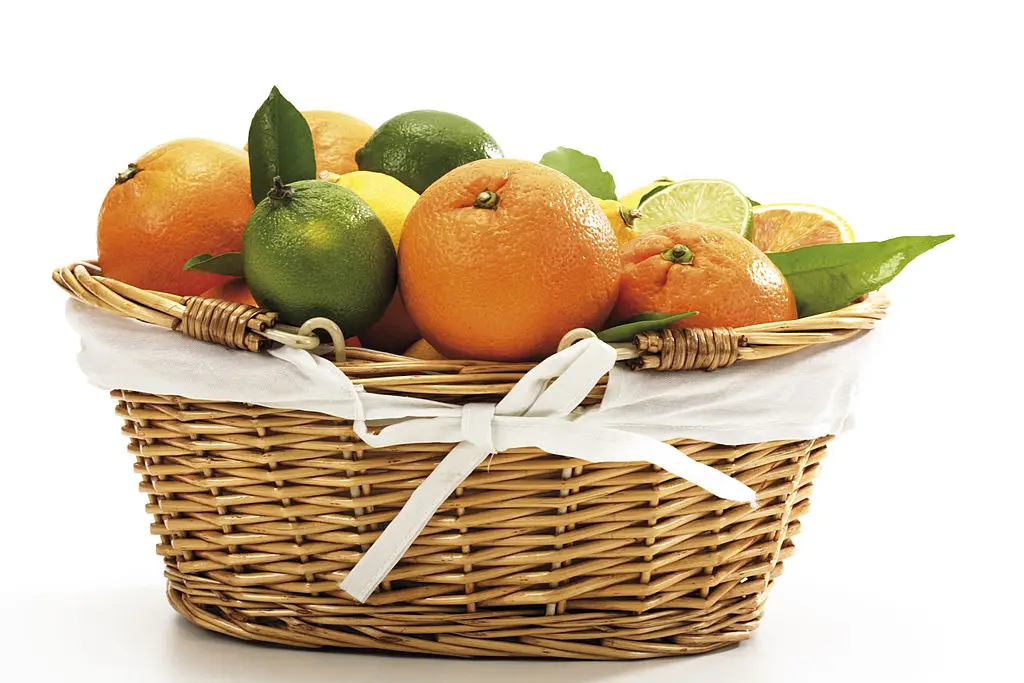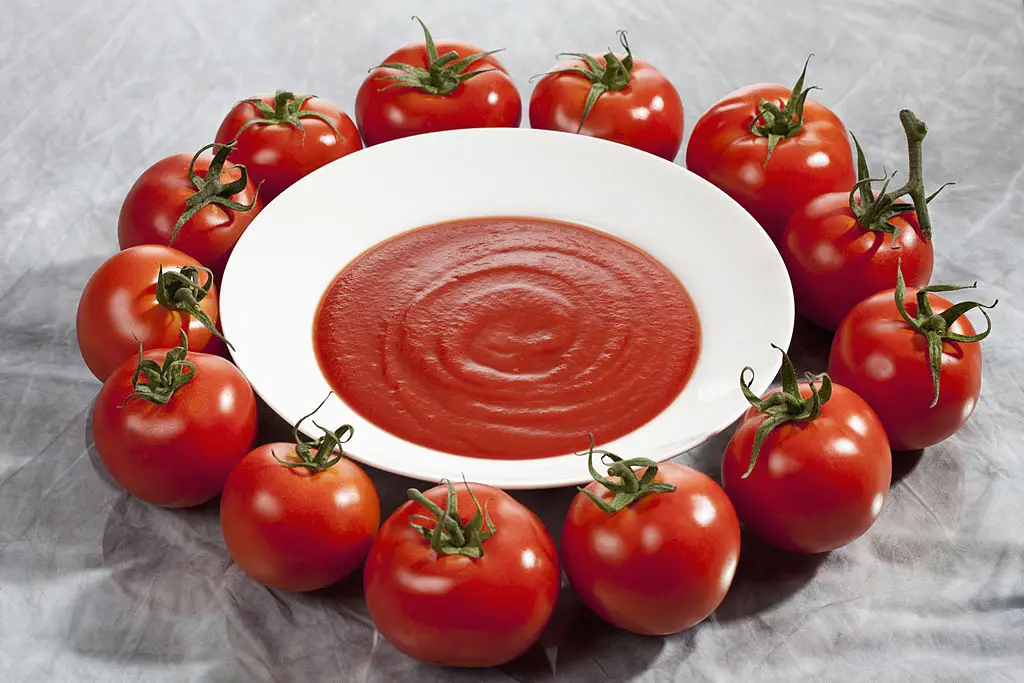15 Foods You Think Are Healthy That Might Be Worsening Your Acid Reflux
Navigating what to eat can feel surprisingly confusing, especially when foods endorsed as “healthy” start showing up as possible culprits behind your persistent acid reflux. If you’ve found yourself eyeing a piece of fruit or a hearty salad and wondering whether it might actually stoke the fire in your chest, you’re not alone. Acid reflux affects about 20% of adults in the United States, and managing it isn’t always as straightforward as simply cutting out fried or processed foods. Sometimes, the very ingredients that have earned a place in our “good for you” arsenal come with unexpected drawbacks if you’re sensitive to heartburn. The truth is, our bodies can process foods differently, and what soothes one person’s system could quietly spark discomfort in someone else. It’s easy to get frustrated—after all, who would suspect a humble tomato or a crunchy handful of nuts? But knowledge is power. By understanding exactly how certain healthy foods can affect your digestive system, you empower yourself to make informed decisions that feel nurturing rather than restrictive. No food list should make you feel guilty or worried—think of this as your permission to experiment, keep what works, and leave the rest. As you read through these 15 surprising “healthy” foods that might be making your acid reflux worse, remember: small shifts in habits (not perfection) are what truly make a difference. If you see a favorite on this list, use it as a gentle invitation to notice how your body responds, not a rule to abandon nourishment you enjoy.
1. Citrus Fruits: Vitamin C With a Catch

Citrus fruits—like oranges, grapefruits, lemons, and limes—often wear the “immune-boosting” cape, packed with vitamin C, hydration, and sunny flavor. Yet these nutritional powerhouses come with a downside for those managing acid reflux. The very thing that keeps them tangy and fresh—their naturally high level of citric acid—can irritate the esophagus and lower its natural defenses. When you enjoy citrus, the acid may contribute to the relaxation of the lower esophageal sphincter (LES), which normally keeps stomach contents from splashing back upward. That’s when the familiar burn of reflux kicks in. It’s a tricky paradox: you want the antioxidants and the benefit to your immune system, but your body may pay a price if you’re sensitive. What can you do instead? Try gentler fruits like bananas, melons, apples, or pears. These all deliver vital nutrients without packing quite the same acidic punch. If you can’t give up citrus entirely, pay attention to portion size and timing, and notice how your body feels afterward. Remember, listening to your own experience is more important than following any diet dogma.
2. Tomatoes and Tomato-Based Foods: Antioxidant Dilemma

Tomatoes are a kitchen staple and nutrition champion, often lauded for their wealth of lycopene and antioxidants. In salads, sauces, or snacks, they bring color and vibrancy to meals. But here’s the rub: tomatoes, especially in concentrated forms like tomato sauce, paste, or ketchup, are naturally high in acid. For people prone to acid reflux, this acidity can tip the scales toward discomfort, relaxing the LES and opening the door to heartburn. If you love that classic tomato tang, all is not lost. Roasted red peppers can stand in beautifully for tomatoes in some dishes, providing a sweet, hearty flavor without the same acid content. Also, experimenting with smaller portions or using tomatoes in cooked over raw form may make a difference—cooking can sometimes reduce the acid sting. As with all foods on this list, it’s not about outright elimination but about discovering your own threshold and choosing swaps that feel right for you.
